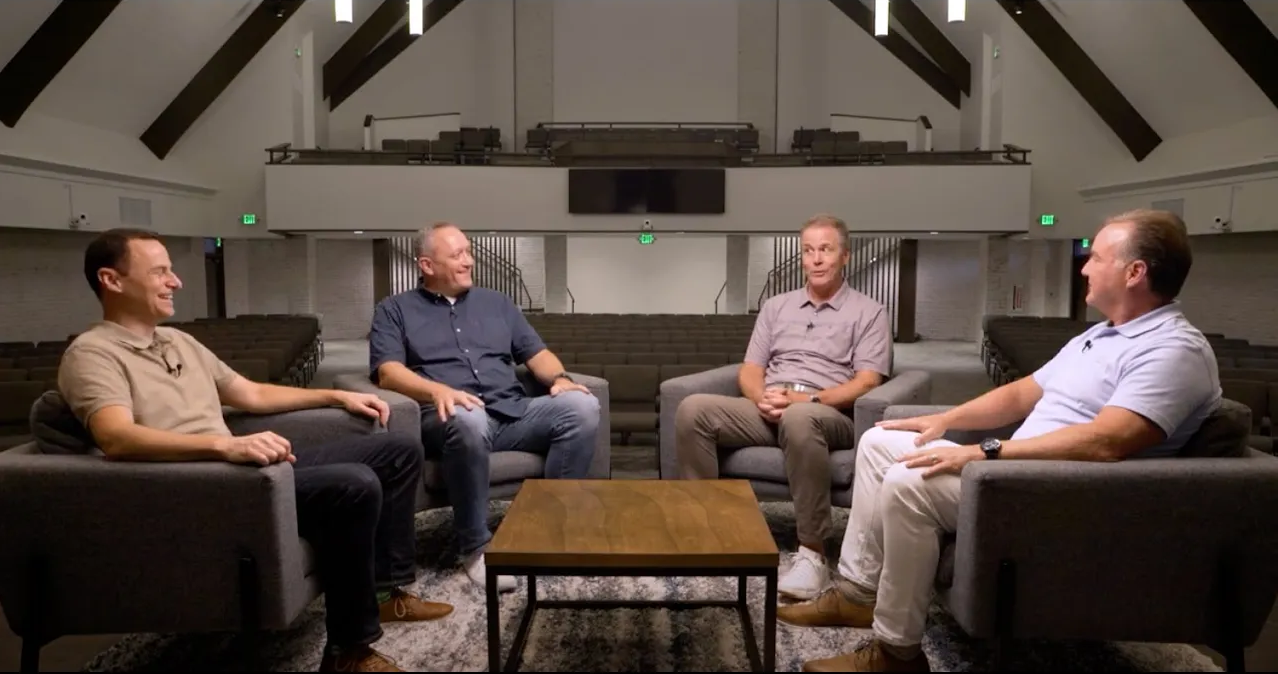4 Burdens Pastors Face. And How to Bear them Well.
Adrian Amezquita
Pastoral care is a fundamental component in the life of pastors. It’s also something we know well here at the centro de plantación de iglesias (CPC). Spiritual leaders not only have the responsibility to guide and nourish their congregations spiritually, but they also need care and support to maintain their own spiritual and emotional health.
In a world where pastors face emotional challenges, ministerial pressures, and questions of faith, self-care is not a sign of weakness, but a powerful testimony of humility and wisdom.
The role of the pastor is multifaceted and demanding. They are expected to guide, teach, counsel and provide spiritual leadership to their congregations. In addition to leading worship services and preaching, pastors are often involved in the personal lives of their members, providing support in times of crisis and challenge. This constant commitment to the spiritual care of others can be rewarding, but also exhausting.
Always busy?
Always busy? That’s not necessarily a good thing. With their dedication to serving others, pastors face many challenges that can affect their spiritual and emotional well-being. Here are four common burdens to consider and how to manage them.
1. Emotional burden: Listening to the struggles and concerns of church members can be emotionally draining. Pastors often face situations of pain, conflict, and loss, which can lead to emotional fatigue.
2. Ministerial pressure: The pressure to maintain a high level of ministerial performance can be overwhelming. Congregational expectations and pastoral responsibilities can lead to excessive workload.
3. Isolation: At times, pastors can feel isolated in their spiritual leadership. They may have difficulty sharing their own struggles and concerns with church members for fear of being judged.
4. Crisis of faith: Constant bombardment with problems and pressures of all kinds, including economic ones, can cause a crisis of faith among many pastors.
That is why at the CPC church planting center of our city's Baptist association, we have taken this very seriously. We recently graduated a group of planters who were cared for, listened to, and encouraged to continue during the hard journey of ministry.
We can approach the future with optimism:
Pastor, you are not alone. We can be optimistic in spite of these burdens. We have seen how by working in community and not isolating ourselves, we benefit from being able to count on the care always necessary for the planting pastor, at the CPC we offer mentoring and support, time for rest and recreation, advice and community; because at the end of the day we are in this together, and together is better!
In a world where pastors face emotional challenges, ministerial pressures, and questions of faith, self-care is not a sign of weakness, but a powerful testimony of humility and wisdom. When pastors commit to their own spiritual and emotional care, they not only protect their ability to serve, but they also offer their congregation a living example of what it means to maintain a healthy relationship with God and oneself.
Pastoral care is a reminder that pastors are also human beings who need to nourish their own souls in order to nourish the souls of others. Mentoring, respite, counseling, and supportive community are valuable tools that should be incorporated into every pastor's life. When pastors embrace these strategies, they not only strengthen their own ministry, but they also strengthen the church as a whole.
Because together, it is and will always be better!
We’ll send one succinct weekly email
with the best news, events, and info
for churches in the Houston area.
Photo by Omar Lopez on Unsplash












Creo que es hora de que tomemos en serio una visión más holística de nuestra ciudad.